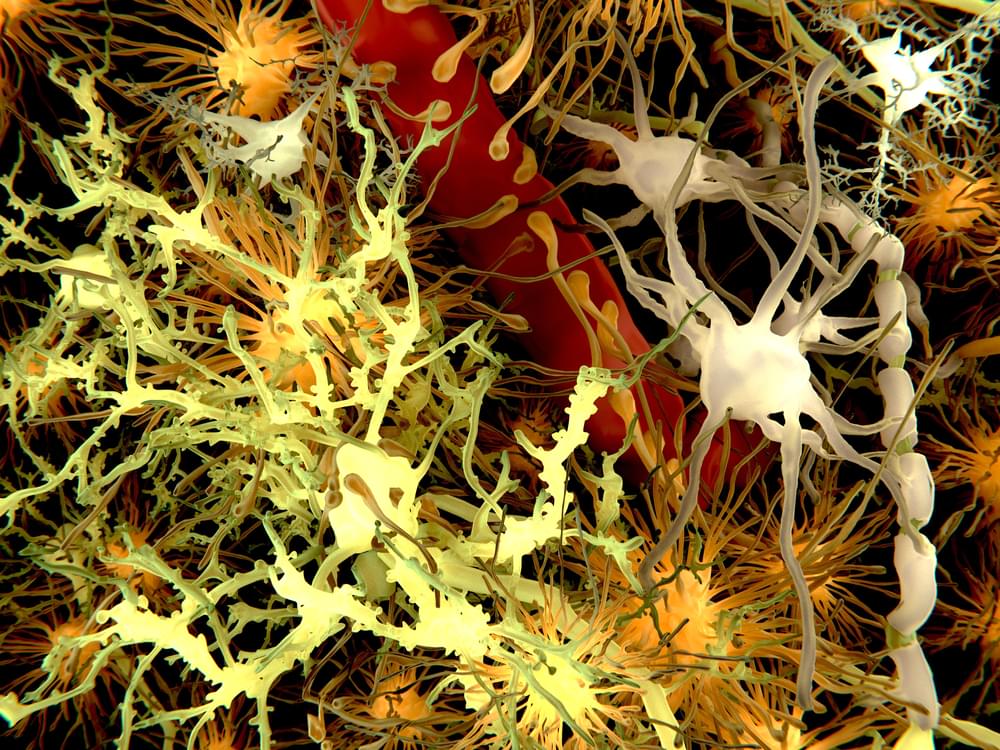Earlier research by Dr. Li-Huei Tsai of the Massachusetts Institute of Technology and others found that APOE4 might raise Alzheimer’s risk by altering lipid metabolism in certain brain cells. But the underlying details of the process remained unclear.
To build on these findings, the team conducted a multi-pronged study that assessed gene activity of all major cell types in post-mortem human brain tissue from 32 men and women who had one, two, or no copies of the APOE4 gene. Results were published in Nature on November 24, 2022.
The researchers found that APOE4 affected gene expression across all measured cell types. The team then took a closer look at genes related to cholesterol and other lipids. Cholesterol-manufacturing genes were overly expressed, and cholesterol-transporting genes dysregulated, in brain cells called oligodendrocytes with the APOE4 gene. Oligodendrocytes are found in the brain and spinal cord. They make and maintain a fatty substance called myelin that surrounds and insulates long nerve fibers. The abnormalities were more extreme in oligodendrocytes with two copies of APOE4 rather than one.










Comments are closed.